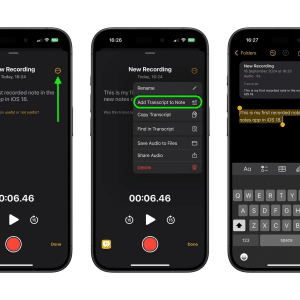
State Sen. Mark Leno will introduce legislation next year requiring a “kill switch” on smartphones in California that would enable the devices to be rendered inoperable if they are stolen, an issue that has taken on increasing urgency as thefts of the ubiquitous devices skyrocket.
Leno’s bill, which has yet to be drafted, will be sponsored by San Francisco District Attorney George Gasc n, who has made the issue one of his top priorities. Leno and Gasc n say one of the biggest hurdles to installing a kill switch on all phones has been the cell phone carriers, which stand to lose profits from insurance plans if antitheft devices result in fewer stolen phones.
“The rate of crimes involving phones has escalated to a point now of epidemic levels,” Leno said Wednesday. “We are talking about the safety of our communities — we are talking about violent street crimes that can be prevented.”
Leno noted that Apple and Samsung, the world’s largest smartphone makers, say the technology for a kill switch already exists. And while Apple this year introduced an antitheft feature that allows stolen phones to be disabled, Android devices do not have the feature.
“The technology is there — whether or not the carriers will be part of problem or part of solution is up to them,” Leno said.
Gasc n, who began meeting with carriers on the issue late last year, in June launched the “Secure Our Smartphones Initiative” along with New York Attorney General Eric Schneiderman. He said that, in 2012, more than half of robberies in San Francisco targeted smartphones; and that while most types of property crimes are falling, “the theft of smartphones has spiked dramatically.”
According to the Federal Communications Commission, from 30 to 40 percent of all robberies nationwide involve cell phones, costing consumers more than $30 billion in 2012.
“Californians continue to be victimized at an alarming rate, and this legislation will compel the industry to make the safety of their customers a priority,” Gasc n said in a written statement.
Leno said he hopes the bill will be supported by law enforcement around California.










